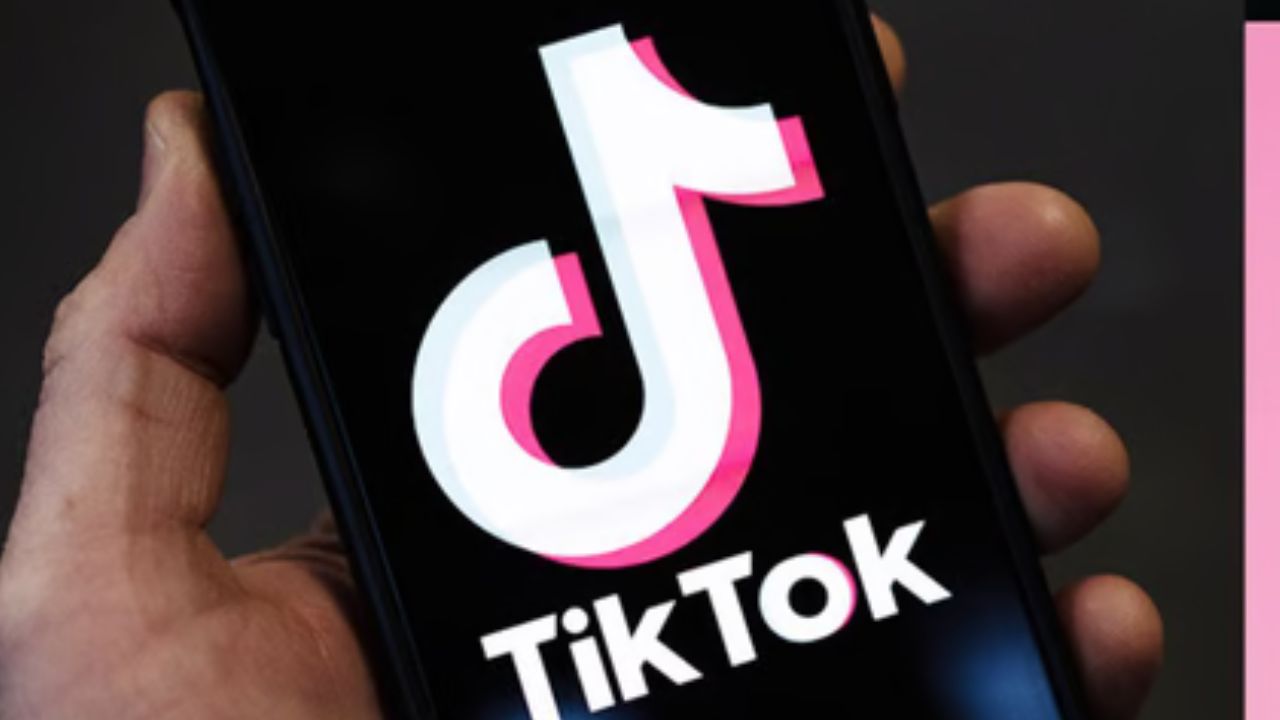Surprisingly, Orange Peel Theory has gained traction with users playfully incorporating it into their relationship with it trending on Twitter
Let’s delve into the depths of this viral sensation and explore how something as simple as citrus peels has the potential to impact romantic connections.
Explained what is the Orange Peel relationship theory on TikTok and its meaning as trend goes viral
guys i’m crying rn bc tiktok told me about the orange peel theory. my mom would always peel my orange for me. she even does it currently, when i go to hers and i steal an orange before supper. pic.twitter.com/01eiFoFIFw
— juli // 🪨⭐️ (@lin0brainrot) November 14, 2023
minsung is the embodiment of “the orange peel theory” pic.twitter.com/PgsD1T7IB6
— 🐻 bella! 樂 (ROCK VER.) (@rockstaracha) November 19, 2023
In the vast realm of social media trends, TikTok stands out as a platform where creativity knows no bounds. Recently, a peculiar trend has emerged, captivating users and sparking discussions on love and relationships. The phenomenon in question goes by the name of the “Orange Peel Theory,” a seemingly whimsical method of measuring love using orange peels.
Orange Peel Theory meaning
The premise of the Orange Peel Theory is rooted in the belief that the way someone peels an orange reflects their approach to love. TikTok users have taken this idea and run with it, showcasing their interpretations and reactions to the process.
At its core, the theory suggests that the technique and care one employs while peeling an orange correlate with their level of consideration and affection in a romantic relationship. For instance, a meticulous and patient peeling process might be seen as indicative of a thoughtful and attentive partner.
On the other hand, a hasty or careless approach could be interpreted as a lack of commitment or investment in the relationship.
As the trend gains momentum, it has become a source of both amusement and controversy. Some TikTok users embrace the Orange Peel Theory as a light-hearted way to assess compatibility and deepen their connection with their partners. They view it as a fun and engaging activity that fosters communication and understanding within relationships.
However, not everyone is on board with this fruity love gauge. Critics argue that reducing the complexity of human relationships to the art of peeling an orange oversimplifies the nuances of love and partnership. Relationships, they contend, are built on communication, trust, and shared experiences rather than the ability to handle citrus fruits.
Despite the skeptics, the Orange Peel Theory has managed to infiltrate popular culture, becoming a topic of conversation beyond the confines of TikTok. It has prompted discussions on the various ways people assess compatibility and the role of unconventional methods in understanding romantic dynamics.



